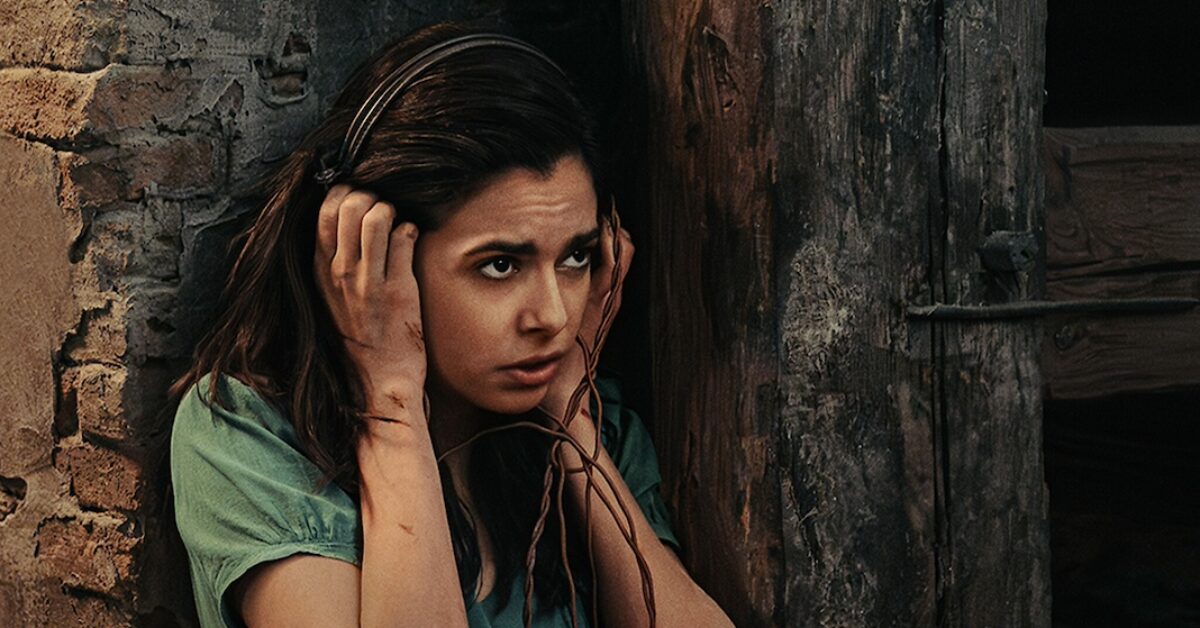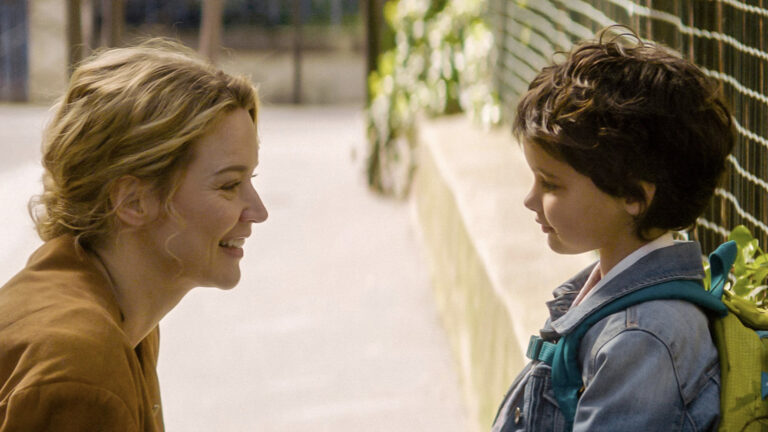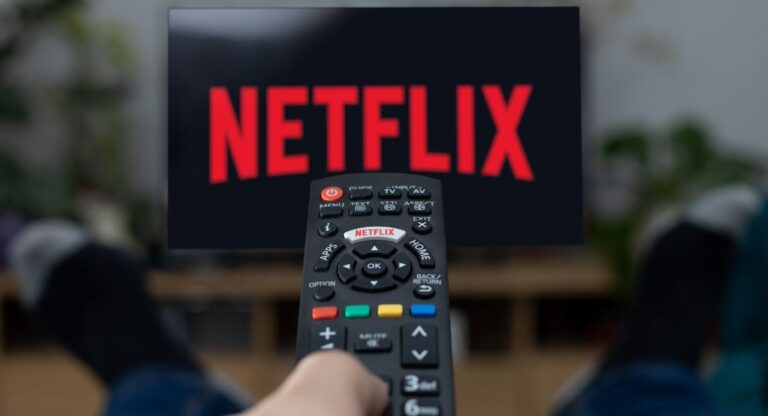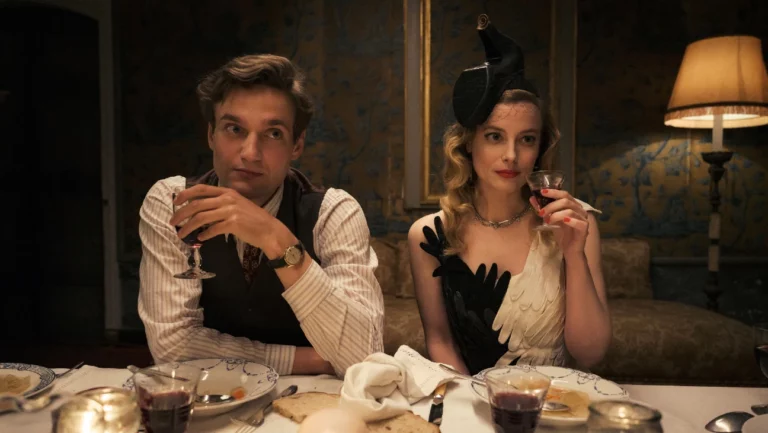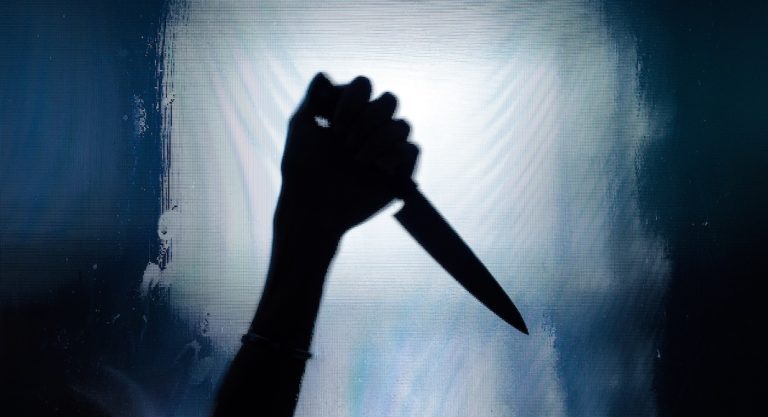All the Light We Cannot See, the new 4-part Netflix series, based on the 2014 best-selling novel by Anthony Doerr of the same name, is a sprawling and epic story about the French Resistance during World War II. The show follows a young German soldier, Werner, who ends up in Saint-Malo, a fortified port city off the coast of Brittany, the French region’s most visited city. The story also follows a blind French girl, Marie-Laure, and her father, Daniel, who is a historian and keeper of the keys at Le Musée National D’Histoire Naturel de Paris. Daniel’s mission is to save the Sea of Flames, a very precious French jewel, from the looting Nazis. To keep the Sea of Flames safe, he takes Marie-Laure and the jewel and leaves Paris to hide in Saint-Malo with his Uncle Etienne. Etienne calls himself “the professor” in a nightly radio broadcast, which he gives from his garret study overlooking the city and, in which, he gives hope to children in times of ideology and darkness. In a layered twist, both Marie-Laure and Werner have listened to Etienne’s broadcast since they were children.
All the Light We Cannot See Fails the French Test
An oddity of the series is that, though it mostly takes place in Saint-Malo, France, in this bizarrely watered down treatment, what’s noticeably missing is, indeed, France. (And, while watching, I realized that la France was the weakest part of the book, too. As my older son pointed out, “It’s really a book about Germany, even though most of it is set in France.” I think he is right.)
In the hands of Shawn Levy, who directed the Netflix series, there’s a noticeable lack of attention and thought put into the whole Frenchness of the enterprise. A mustard colored platter with a classic French blue border or some baguette tossed carelessly on a table is about where the Frenchness of the entire thing begins and ends. This is too bad because the French have always been a country that is interested in the nuanced morality of any conflict. And what they braved and also suffered under the Nazis was not small. Their contribution to the war effort (those who weren’t complicit) and defeating the Nazis was considerable. But this series is not so concerned with the French, it turns out.
Indeed, even the movie’s stars, such actors as Hugh Laurie (English), Marc Ruffalo (American), Marion Bailey (English), and American newcomer, Aria Maria Loberti, are all playing French characters. The wooden Anglo actors all seem as though they can’t decide if they should use a French accent, resulting in an odd melange of American drawl, clipped British and a French vowel thrown in every so often. This is a director’s problem. Indeed, the American Loberti, in her first acting role ever, becomes more British sounding as the four-part series goes on, whereas the others go on to sound more and more American. This accent problem becomes the most absurd with Hugh Laurie; the English-born actor sounds as if he’s neither British nor American in the series. And he’s certainly unclear as to whether he should once in a while be French. He should know better. Laurie has had many roles, and is most famous for the medical drama House MD. I learned that while Laurie was at Eton, he said he spent a lot of time “cheating in French vocabulary tests.” This is, needless to say, made very apparent in the show.
The German actors, however, flawlessly play out the meaty roles of complicated, and mostly evil, English-speaking German Nazis. The break-out star of the entire series is the young German actor, Louis Hoffman, who plays Werner, a German soldier who is a genius radio repairman and orphan, who has moral doubts about being a Nazi soldier.
I truly wondered, with so many talented and wonderful French actors, why give the leading French roles to the English and Americans, while giving the German roles to Germans? Haven’t we surpassed this outdated model in our age of globalism and the widespread popularity of international TV shows? (It makes me think of Parasite director, Bong Joon Ho’s, famous quote: “Once you overcome the 1-inch-tall barrier of subtitles, you will be introduced to so many more amazing films.”) In this case, I found myself imagining, for instance, Omar Sy, Gilles Cohen or Daniel Auteuil as Uncle Etienne; Mathieu Kassovitz, Mathieu Almaric or Mathieu Demy as Daniel Le Blanc (any of those Mathieus would have been great!); Emmanuelle Béart as Etienne’s sister, a French Resistance fighter.
Though I love Mark Ruffalo’s face, and his troubled and naturalistic expression, he seemed, in this role, to be stuck in acting exercises that he was not sure he, himself, bought completely. His milquetoast character of Daniel, which emanates from such a deeply political and intellectual actor, one who fights for justice, both humanitarian and climate, made me wonder what his motivation was… Beyond just the showstopper quality of this best-selling novel and what must have been a hefty paycheck.
A Timeless Moral Struggle
Despite all those peccadillos, there is a clear desire by Levy and his team to open the story of World War II to thoughts and analogies the viewer could make to any meditations on good and evil…Ukraine, Palestine, the Congo…just take your pick in these dark times. And that, there, might be why Ruffalo took the role.
Though this a series about the Nazis and the horror they wrought, many of the lines could be any genocide or terrible humanitarian crisis happening NOW in the world, too. At one point, Marie-Laure says to her father, “All the people of the world have become evil at the same time.” To which her father says, “Not all the people.” That is the truest moment of Ruffalo’s acting, and it is heartwarming to watch, it feels so real and palpable.
Though the series hews pretty faithfully to the book, the ending has been rewritten to Hollywood feel-good standards with saccharine messages of “hope,” the righteous goodness of Americans (and almost-audible murmurings of, “thank God we came along”), and the resounding sureness that light always prevails over darkness. At the end of the movie, Marie-Laure and Werner share a tin of sunny, canned peaches, stored during a happier time. He then leaves her apartment, after a kiss, with a white flag over his head, heading for the Americans who will be kinder to him and give him “food and shoes,” as opposed to the French, who would shoot him. While he heads into the block party of American GIs and wine-swilling Frenchies, the music crescendos and we imagine that he and Marie-Laure will find each other again, a true love forged in wartime.
This made-for-the-small-screen ending, rather than the tragic and lasting ending Doerr wrote, is a shame. Somehow it manages, in that final moment, to insult the intelligence of the viewer who is wise to the lasting tragedies begotten by war, the specific and human lives that are lost forever, and often so cheaply, and the cancer of evil which can never be quite eradicated from the human race.
Caitlin Shetterly isan Editor at Large of Frenchly. She is also the author of 4 books: Fault Lines, Made for You and Me, Modified, and the novel, Pete and Alice in Maine, which was published in 2023 by Harper. She is a native daughter and she lives with her two sons and husband in an old house on the coast of Maine.

